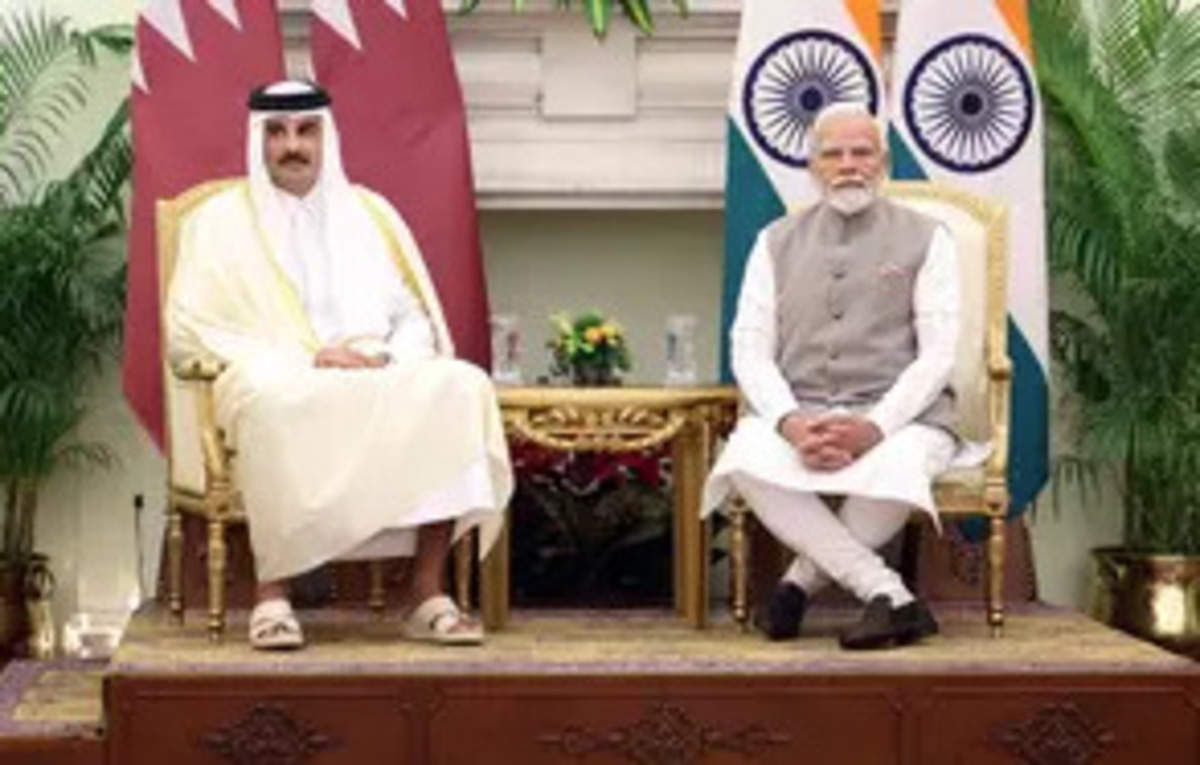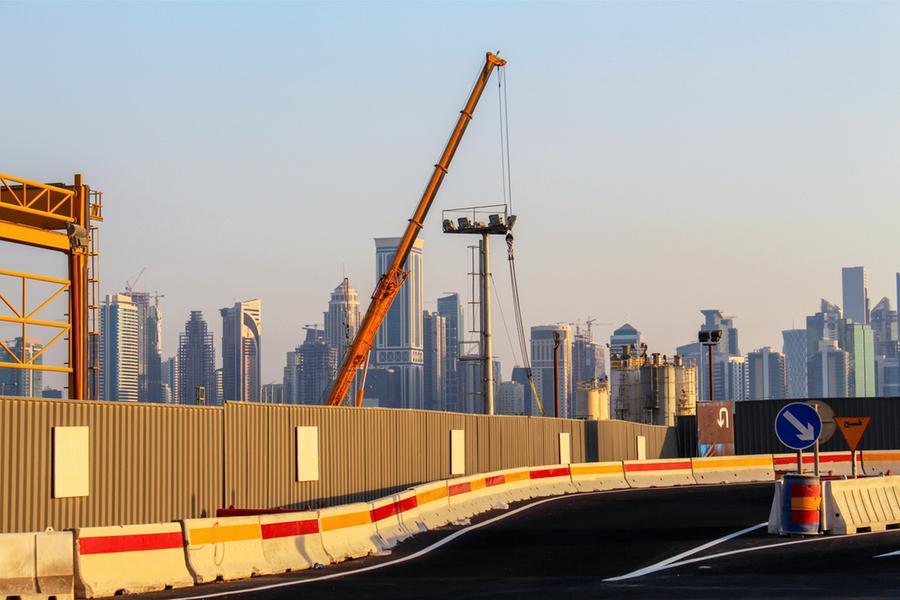Israel air raid on Gaza clinic kills senior Palestinian health official

Palestinian medics and rights advocates have denounced the killing of a top medical official in Gaza by the Israeli military, accusing Israel of systematically targeting the health system in the besieged enclave.
Israel bombed a clinic in Gaza City late on Sunday, killing Hani al-Jaafarawi, Gaza’s director of ambulances and emergency, and four other people.
The targeted clinic, which offered general health, paediatric and dental services, was also put out of commission by the Israeli attack.
“The Israeli war jets bombed the clinic and destroyed its rooms completely,” said Al Jazeera Arabic correspondent Ismail Algoul, reporting from Gaza City.
“The blood of the people who were targeted is still on the floor, while now, thousands of patients are in danger after the clinic lost all of its facilities as a result of the Israeli raid.”
Eyad Zaqout, director of the emergency department at Al-Aqsa Hospital in Deir el-Balah, told Al Jazeera on Monday that by killing al-Jaafarawi, Israel removed “a pillar” from the territory’s collapsing health system.
“It is clear that the Israeli forces are trying once again to destroy the health and medical system in Gaza completely,” Zaqout said.
“Hani al-Jaafarawi was a pillar for Gaza’s health system. He was working hard for [and] serving the sick and the wounded people. He was serving day and night to serve those who are living in very difficult circumstances in Gaza.”
Gaza’s Ministry of Health also eulogised al-Jaafarawi as a role model in his dedication and commitment to medical duty as well as to helping sick and wounded Palestinians despite the enormous challenges posed by the Israeli offensive.
“The Health Ministry renews its demands for the international community and global organisations to end the heinous Israeli aggression against the Gaza Strip and protect the health system and its workers,” the ministry said in a statement.
It said that 500 health workers have been killed by Israel and 310 others have been detained since the start of the war on Gaza in October.
The Israeli military said on Monday that its attack was on a “Hamas weapons production headquarters” and killed a top Hamas official responsible for developing the group’s fighting capabilities.
For its part, the United States said the conflicting reports around the attack make it “very hard to get at the bottom-line truth”.
“Obviously, militants should not hide behind civilians – that’s been the case from the beginning. And Israel needs to take all precautions to minimise civilian harm,” State Department spokesperson Matthew Miller said on Monday.
Missing children
Meanwhile, Israel continued its bombardment across Gaza. The Health Ministry said on Monday that the death toll from the war reached at least 37,626.
Save the Children said on Monday that an estimated 21,000 children are unaccounted for in Gaza.
“It is almost impossible to collect and verify information under the current conditions in Gaza, but at least 17,000 children are believed to be unaccompanied and separated and approximately 4,000 children are likely missing under the rubble, with an unknown number also in mass graves,” the charity said in a statement on Monday.
“Others have been forcibly ‘disappeared’, including an unknown number detained and transferred out of Gaza, their whereabouts unknown to their families amidst reports of ill-treatment and torture.”
At least seven Palestinians were killed in Khan Younis while awaiting much-needed aid on Monday, health officials said.
The Palestinian Civil Defence said it retrieved the bodies of five Palestinians, including three children and one woman, after an Israeli attack in central Gaza.
Israel has also been advancing deeper in Rafah in southern Gaza, where Israeli army chief Herzi Halevi said the military was close to “finishing off” Hamas.
“We have tremendous achievements in the battle for Rafah… this can be seen by the number of killed terrorists, the volume of destroyed infrastructure, the [destroyed] tunnels, and the advance in underground warfare, which is very complex,” said Halevi, according to the Jerusalem Post newspaper.
Truce proposal
Israeli Prime Minister Benjamin Netanyahu had said on Sunday that the “intense phase of the fighting against Hamas is about to end”.
Netanyahu told Israel’s Channel 14 that Israel would be open to a “partial” truce with Hamas to secure the release of Israelis held by the group but would not agree to end the war.
His remarks appeared to contradict the US assertion that Israel has agreed to a proposal by Washington that would lead to an “enduring” ceasefire.
US officials have been emphasising that Hamas is the party blocking the multi-phased deal, which was presented by President Joe Biden in May.
Hamas said Netanyahu’s remarks show that Israel is not seeking a ceasefire deal but looking to buy time to continue the “war of extermination” against Gaza.
“It is now clear to the world that Netanyahu is the one rejecting and obstructing the deal proposed in the Biden speech and the latest UN Security Council resolution, not Hamas,” Izzat al-Rishq, a senior official from the group, said in a statement on Monday.
The Israeli prime minister appeared to walk back his comments later on Monday, saying his government was “committed to the Israeli proposal, which President Biden has welcomed”.
The US State Department suggested that Netanyahu had misspoken.
“I think all of us that speak publicly at times make mistakes and misspeak, and when we do so, we have an obligation to clarify. And we’re glad he did,” Miller said.
Related
Ashghal commences roads, infrastructure development in Birkat Al Awamer
Doha, Qatar: The Public Works Authority 'Ashghal' started the implementation of the Roads and Infrastructure Development Project in Birkat Al Awamer. T
India-Qatar trade agreement must be approached with caution: GTRI –…
India should tread cautiously on a potential free trade agreement (FTA
Qatar’s Ashgal likely to award industrial areas infra consultancy contract…
Qatar’s Public Works Authority (Ashghal) is expected to award the design and lead consultancy contract for the North of New Industrial Area Roads and Inf
Qatar’s $2.5bn green bonds fund enhances renewable energy and infrastructure
Doha, Qatar: Qatar continues to boost its investments in sustainable development, demonstrating its competitiveness on the global stage. An official no












